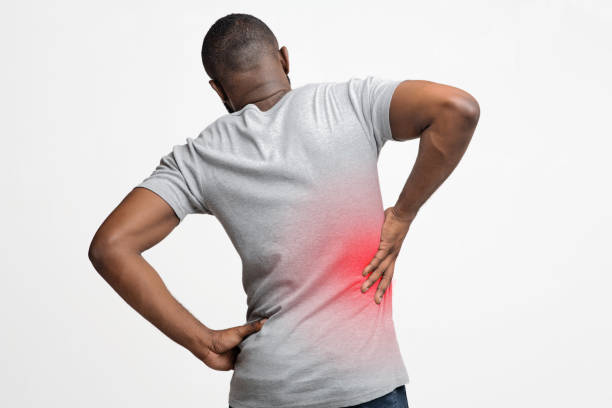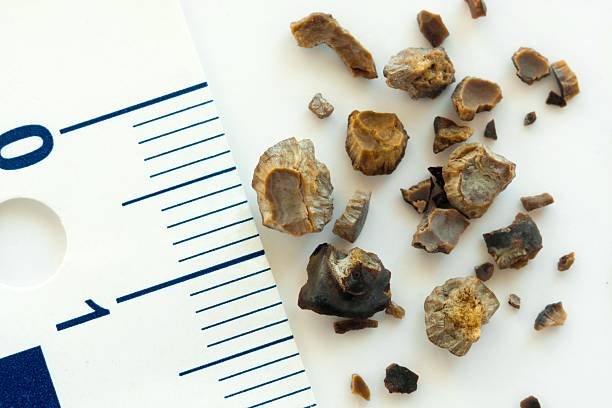
Kidney stones are solid, stony masses that form from concentrated urine in the body.
The urine is a mixture of bodily wastes, water and mineral substances like calcium and uric acid.
Under normal circumstances, all the mineral wastes should be diluted in the water component of urine, to keep the mixture in a completely fluid state. In some cases, however, the water may be insufficient to dilute all the minerals, therefore they precipitate and crystallize into stones within the urinary tract. These stones are also called nephrolithiasis or renal stones.
Who is at risk of kidney stones?
Kidney stones are quite common. The National Kidney Foundation National Kidney Foundation estimates that one in ten persons will develop kidney stones at some point in their lifetime.
Some of these factors put people at an increased risk of renal stones:
- Dehydration or not drinking enough water. When there is an insufficient amount of water to dilute renal wastes, mineral substances within the urine will likely crystallize to form stones.
- Obesity
- Previous renal stones. Once a person develops kidney stones, they are more likely to have a recurrence.
- Excess vitamin C consumption
- Certain medical conditions like gout, cystinuria, etc
- Urinary tract infection. Having a UTI, especially those affecting the kidneys and ureters, increases the risk of developing a kind of kidney stone called struvite stone.
- Consuming a diet high in proteins, sugar and salt.
- Family history of renal stones. Having a family member with kidney stones puts you at increased risk of developing one yourself.
Symptoms of kidney stones

Renal stones may cause the following symptoms:
- Abdominal pain which is often sharp and felt at the sides or at the back, beneath the ribs. The pain often migrates to the groin area in the typical ‘loin to groin’ fashion.
- Colicky abdominal pain which may wax and wane
- Blood in urine
- Painful urination
- Signs of urinary tract infection such as fever, frequent and urgent urination, cloudy or foul-smelling urine, burning sensation while urinating, etc.
- Small renal stones may not cause any symptoms because the stones can easily pass through the urinary tract without causing any blockage or irritation.
Kidney stones can also become complicated and lead to renal failure.
Treatment of renal stones
Depending on the size of the stones and the severity of symptoms, renal stones can be treated in various ways.
Small stones can pass out of the body on their own. Such an individual will be required to drink lots of water to flush the stones out. Painkillers will most likely be required in such cases. Also, certain drugs like tamsulosin may be prescribed to relax the ureters and allow for easy passage of the stone.
Stones that cannot pass out on their own may require either of the following procedures:
- Shock wave lithotripsy: laser is used to break up big stones into smaller fragments that can easily pass out of the body.
- Ureteroscopy: where a device is passed through the bladder into the ureters to retrieve a kidney stone.
- Percutaneous nephrolithotomy: a surgical procedure for more severe cases.
Prevention of kidney stones

In addition to eating a well-balanced diet and cutting down on excess salt and sugar, one of the major ways to prevent kidney stones is by drinking enough water every day.
A quick way to check your hydration level is by monitoring the colour of your urine. The darker your urine appears, the more concentrated it is. Passing concentrated urine is an indication that you need to drink more water. Normal urine should be pale yellow or amber in colour.
We hope you learnt a thing or two. Kindly share this post for more people to see.










Güncel istanbul hurda fiyatları ile İstanbul’da hurda alan yerler içerisindeyiz. Size en yakın istanbul hurdacı firması olarak hizmet sunuyoruz.
Hurda bakır alan istanbul hurdacı firması olarak her türlü madeni değerinde alıyoruz.